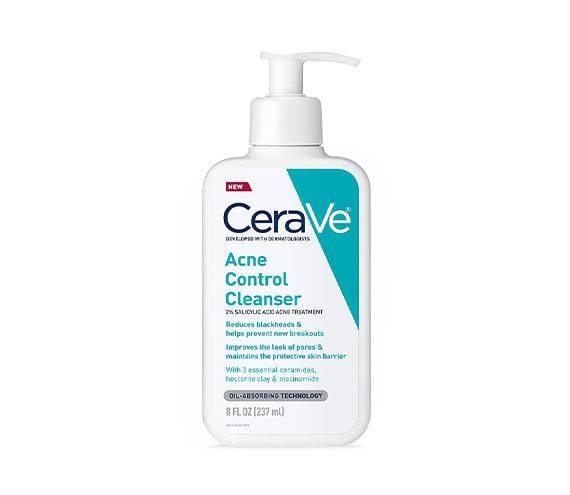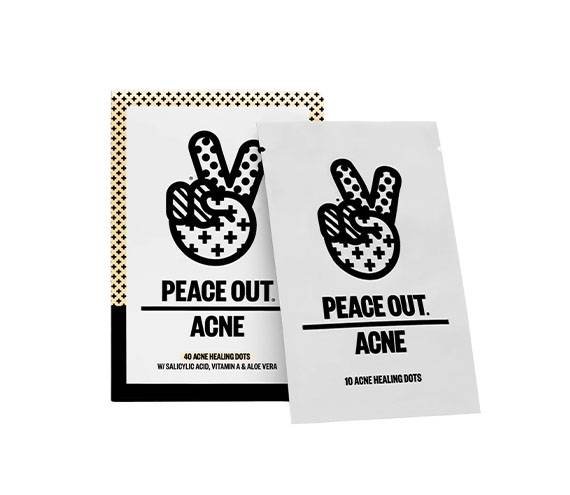Derm DMs: Why Is My Pimple Itchy?
December 17, 2021When I woke up a few days ago with a red, inflamed and insanely itchy bump on the side of my face, I thought a mosquito had attacked me in my sleep. Fast forward to a conversation with Skincare.com consulting expert and board-certified dermatologist Dr. Rachel Nazarian of Schweiger Dermatology Group in New York City, and I came to the realization that I was actually experiencing an itchy pimple. If you’ve experienced this type of acne, stop scratching and keep reading, because I’m breaking down what you should know, below.
Why Do Pimples Itch?
Inflammation and redness are typical when it comes to acne, but itchiness isn’t as common. That’s because acne itself isn’t inherently itchy. Rather, the sensation is likely being caused by a secondary skin condition, like skin sensitivity or dryness with a compromised moisture barrier. “The sensation is then exacerbated by incorrectly or aggressively trying to treat the pimple,” says Dr. Nazarian. “Over-washing, scrubbing or applying harsh spot treatments can all irritate the skin.”
It’s also possible that an itchy pimple isn’t a pimple at all. “Classic acne pimples are more painful or tender, so itching may be a sign of another skin condition such as folliculitis, rosacea or eczema — all of which can mimic the same red bumps of acne,” says Dr. Nazarian. “These varying skin conditions are all treated differently and warrant an evaluation by a board-certified dermatologist.”
How to Address Itchy Acne
When dealing with acne, your first instinct might be to dry out the pimple and apply a hot compress. But when acne has an itch-factor, you’re going to want to proceed a little differently. “Application of topical ingredients that are over-drying or applying heat to draw blood to the surface can all trigger itching or make itching and irritation worse,” says Dr. Nazarain. “It’s best to wash your face with cool or lukewarm water, use a gentle, non-foaming cleanser and softly pat the skin dry.” For a gentle cleanser, we recommend the CeraVe Acne Control Cleanser.

The biggest thing to avoid — no matter how tempting — is to itch the affected area. “Scratching can increase inflammation, which in turn increases risk of scarring and staining of the skin,” says Dr. Nazarian. “Rather than picking or itching, apply an ice cube for a few seconds to decrease the inflammation and a topical hydrocortisone 1% to quell the itch.” It could also be a good idea to create a barrier by using a pimple patch to stop yourself from scratching. Our current favorite is the Peace Out Acne Dots.

Design: Juliana Campisi
Read More:
5 Face Mists to Freshen Up Acne-Prone Skin
7 Common Causes of Chest Acne and How to Treat It
Why You Get Pimples Inside Your Nose (And What to do About Them)